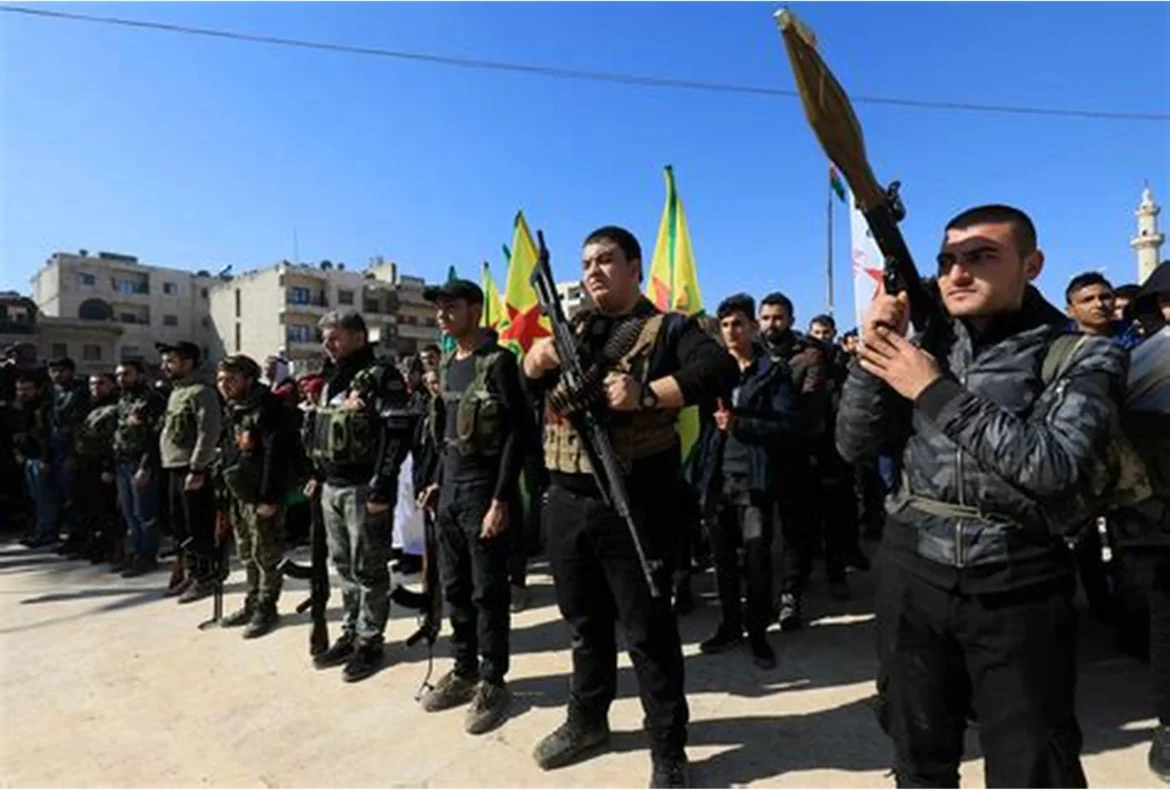Renewed violence erupted over the weekend between Druze and Bedouin communities in southern Syria, raising fears of a deeper sectarian spiral in a region already strained by a decade of civil war and economic collapse. Local reports confirm that at least 17 people were killed in gun battles across rural areas of Suwayda and Daraa provinces, with dozens more injured and displaced.
Witnesses say the clashes began after a land dispute escalated into armed confrontation between tribal factions, later drawing in militia groups aligned with each side.
Suwayda, home to Syria’s Druze minority, had largely remained insulated from the country’s broader conflict. However, recent months have seen rising tension over resource control, smuggling routes, and tribal influence.
On Sunday night, firefights broke out near Qanawat and Shahba, prompting hundreds of civilians to flee into nearby hills. Armed Bedouin factions accused Druze militias of targeting their convoys, while Druze leaders allege Bedouin groups have been expanding into historically Druze-held territory.
Syrian security forces have yet to intervene meaningfully, raising concerns that Damascus may be unwilling or unable to contain sectarian flashpoints in the south.
In response to the violence, spiritual and tribal leaders from both sides have issued public calls for calm. Sheikh Hikmat al-Hijri, a senior Druze religious figure, urged restraint, warning that “bloodshed among neighbors only serves those who want Syria fragmented.”
Efforts are underway to mediate a ceasefire through local councils and tribal mediators. The United Nations Office for the Coordination of Humanitarian Affairs (OCHA) has also expressed alarm, stating that escalating violence could jeopardize humanitarian access and further destabilize border communities.
While often united against external threats, Druze and Bedouin populations in Syria have a long history of competition over grazing lands, water access, and political control.
The Druze, a religious minority with distinct beliefs, are concentrated in the mountainous areas of southern Syria. The Bedouin, traditionally nomadic Arab tribes, have lived across Syria’s deserts for centuries.
Periodic flare-ups between these groups have occurred since the Ottoman era, but the Syrian civil war fractured fragile alliances and introduced new weapons, grievances, and power vacuums.
The Druze and Bedouin clashes in Syria represent more than a localized tribal conflict. They highlight Syria’s continued fragmentation, the absence of a functioning central authority, and the risk of multi-front violence reigniting.
For regional observers, including Israel, Jordan, and Lebanon, the unrest along Syria’s southern border threatens to spill over and disrupt already fragile security dynamics.
Experts warn that these flare-ups could offer new openings for extremist factions, arms traffickers, and foreign actors seeking to exploit local instability. Without swift diplomatic or internal resolution, this conflict risks becoming another entrenched front in Syria’s long-running chaos.



